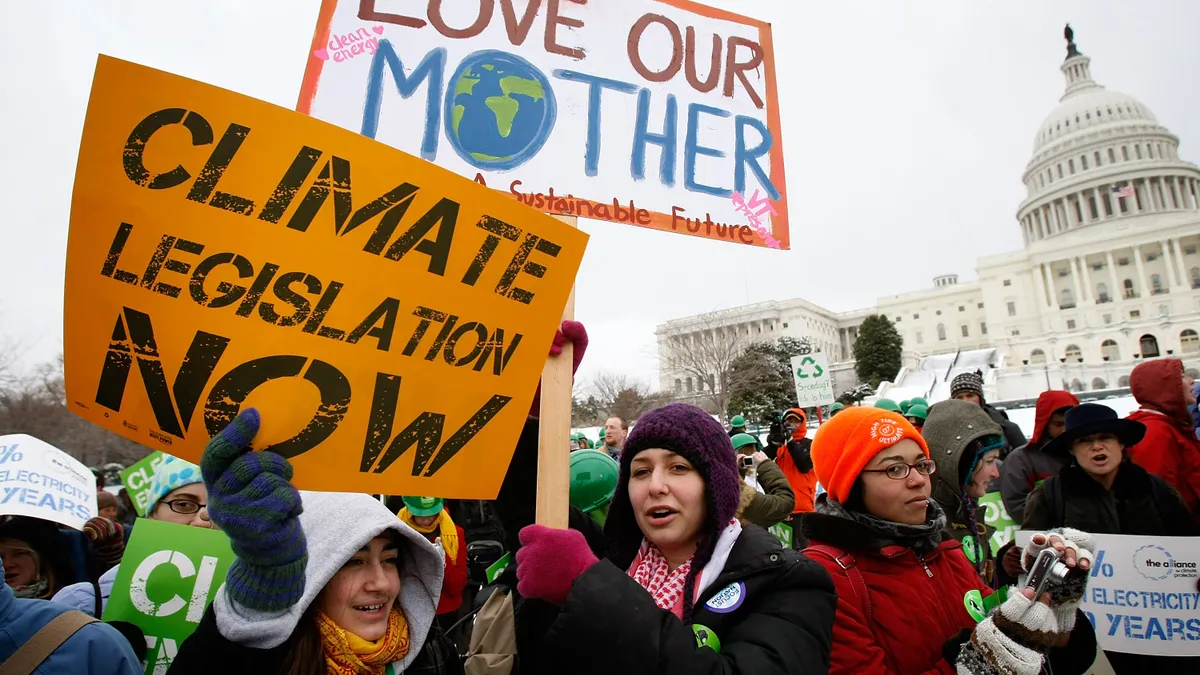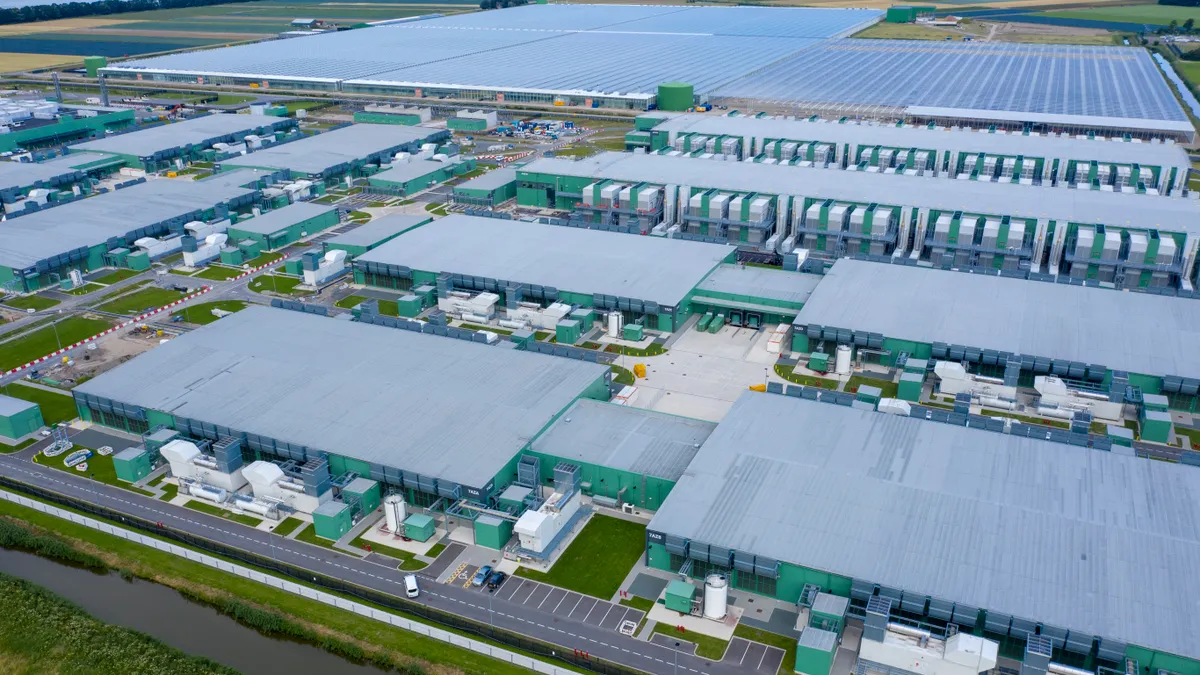Dive Brief:
- Sustainability and climate change are the “most common” reason why companies are ruled out by investors and banks globally, according to a financial exclusion tracker released earlier this month.
- The public database, compiled by a coalition of nonprofits including Fair Finance International and Friends of the Earth Netherlands, lists 4,532 companies that have been excluded by 87 financial institutions across 16 countries.
- From the companies surveyed, concerns over climate change and fossil fuels accounted for 40% of exclusions, followed by use of weapons at 17% and tobacco at 12%. Other factors include human rights and controversial business practices.
Dive Insight:
Research from the environment-focused NGOs indicate that despite the heightened scrutiny firms and investors have received for including ESG factors within their framework, a company’s environmental and social impact — or lack thereof — is driving financial decisions made by portfolio managers.
“We welcome the fact that several financial institutions exclude companies due to the links with detrimental climate impacts from financing,” Peer de Rijk, policy officer at Friends of the Earth Netherlands, said in a release. “It demonstrates that some financials are willing to take steps to reduce their financed emissions, and we hope more financial institutions follow this example.”
According to the tracker, the top five companies that accounted for financial exclusions on the basis of climate and sustainability concerns include U.S.-based ExxonMobil, Canada-based Cenovus Energy and Suncor, and China-based Shandong Energy Group and China Energy.
ExxonMobil, alone, accounted for 51 portfolio exclusions. The American multinational oil and gas corporation has consistently received criticism for its role in Big Oil and deficiency in addressing climate risk, despite mounting pressure on global corporations to deviate from fossil fuels in favor of clean energy.
Earlier this month, Exxon placed a $60 billion bid to acquire Pioneer Natural Resources to expand its footprint as the top oil producer in the U.S. — a merger that would allow Exxon’s oil production to double to 1.3 million barrels of oil equivalent per day.
Fossil fuel companies were not only featured prominently in the climate category on the tracker, but were also included under other categories such as human rights violations and controversial business practices.
Three of the top five companies that accounted for most exclusions based on human rights violations are based in the U.S. and include oil and gas corporations Energy Transfer and ConocoPhillips, and retailer Walmart. Other names that made the top cut in the category include Vale, a Brazil-based mining company, and the OCP Group, a Morocco-based chemical manufacturer.
The coalition behind the financial exclusions tracker said it created the public database to “inform investors and banks, civil society and media about which corporations are blacklisted by investors,” and to hold such corporations accountable.
ESG expert and head of Fair Finance Sweden, Jakob König, mirrored this sentiment, noting that public exclusion serves as an important way for “investors to exercise influence when companies do not listen to their sustainability demands.”










